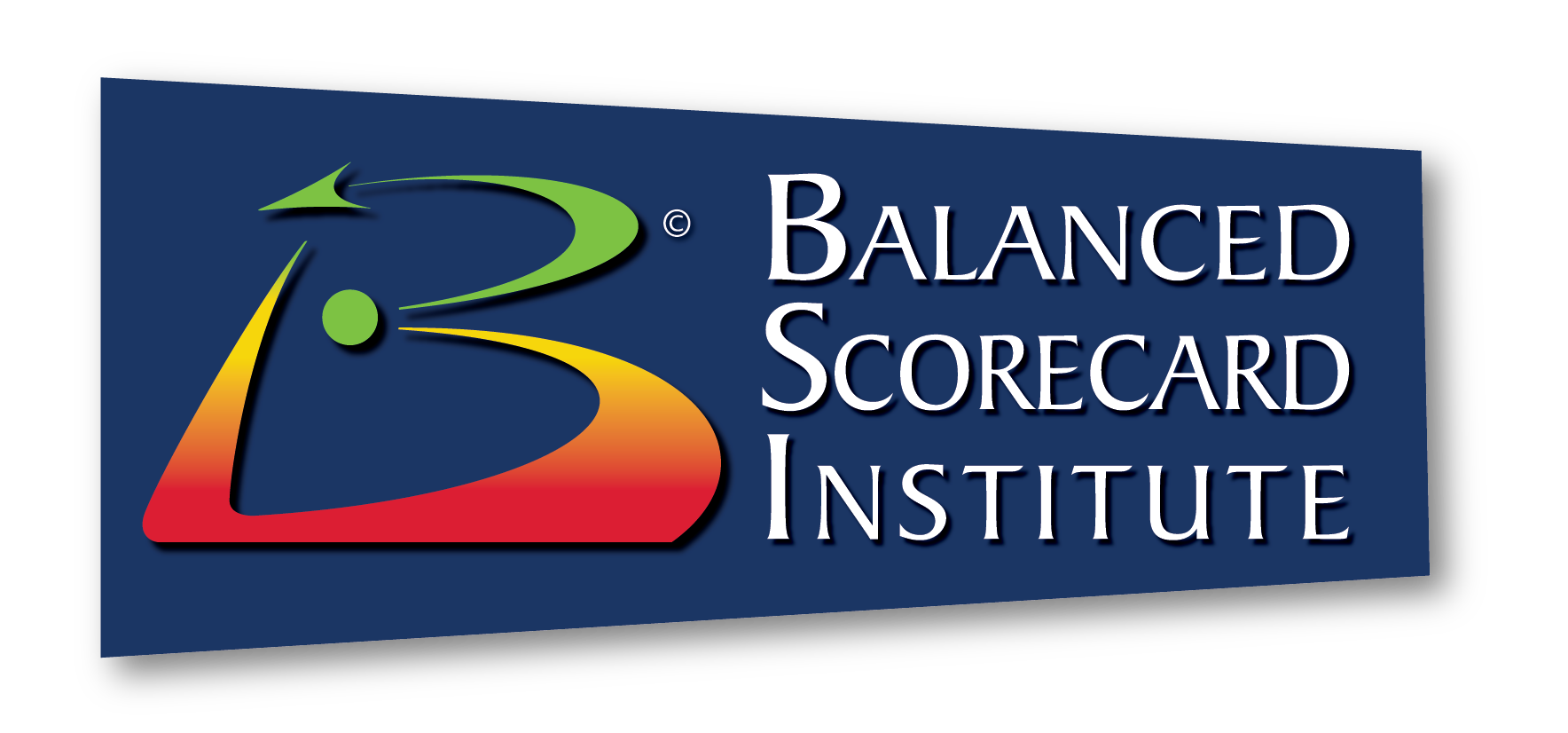How do you deal with an initiative (project) that is a forceful executive’s favorite idea, or, even worse, is something that your organization has spent years to develop BUT is not aligned to your strategy? Yikes!
I was teaching a class in Atlanta last week and one of the student teams approached me with a question. They were looking for actions which they could implement to move the needle on a “product variety” objective on a grocer case study. One of the ideas was an R&D product to produce “blue apples” which led to a discussion of “Special Projects” at their own organizations.
This reminded me of a REAL client who had invested heavily in a special R&D project.
The client, a Fortune 500, had spent several years investing in this super-secret project which they would not reveal even to us, their trusted consultants. They simply referred to it as “Project X.”
We had been working with this client to develop their Tier 1 scorecard and were onsite for the final executive team session to prioritize strategic initiatives. Of course, “Project X” was on the list. We used a 2×2 matrix as our prioritization schema (in which initiatives are placed into one of four quadrants depending on how strategic and how resource consuming they are). When we finished the calculations, “Project X” was dangling by its fingernails off of the chart – from the furthest corner of the least desirable quadrant.
It was clear that “Project X” was an expensive and resource-intensive effort yet it was going to provide little to no strategic impact.
As I nervously shared the bad news about “Project X”, the VP in charge of this initiative nodded her head and said, “I saw this coming as we were developing this strategic balanced scorecard. We have actually already started on a sunset plan.” I had feared uproar and this quiet affirmation blew me away.
This speaks to the power of inclusion in developing a strategic balanced scorecard. This team, which had invested millions in “Project X”, had already realized via their participation in strategy formulation that the investment needed to be redirected. There were no tears, cursing, or arguing.
Which brings me back to Atlanta. I tried an experiment and tried to bully my student teams into choosing the “blue apple” initiative the next day. I was shot down…unanimously…by all the teams. In this case, the logic of a disciplined framework (to align and prioritize initiatives) trumped my argument by vigorous assertion. Hands down. The Institute Way works….for many reasons. To learn more, visit www.balancedscorecard.org/tiw
Gail is co-author of The Institute Way. With a career spanning over 30 years of strategic planning and performance management consulting with corporate, nonprofit, and government organizations, she enjoys speaking, training, and writing, sharing her experience with others. She currently is a Partner at Credera in Dallas, TX.

